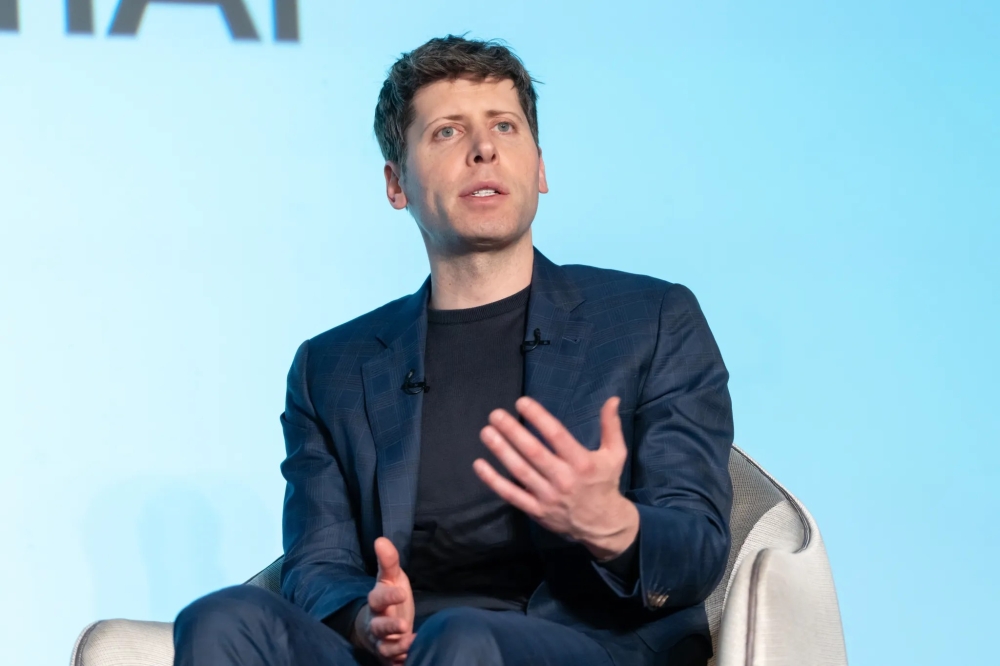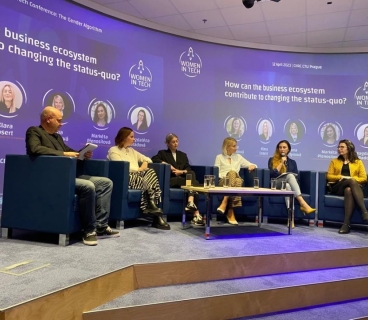New details about the first AI-powered hardware device from OpenAI and Jony Ive’s startup io have emerged from court filings submitted in June. The documents were filed in response to a trademark infringement lawsuit brought by iyO, a Google-backed startup that builds custom-molded in-ear devices.
Following a court order, OpenAI removed promotional materials related to its $6.5 billion acquisition of io and stated it is disputing iyO’s claims.
According to the filings, OpenAI and io have been actively researching in-ear technologies over the past year, purchasing over 30 different headphone models to assess current market trends. Despite this research, the companies emphasized that their first product will neither be an in-ear device nor a wearable.
Tang Tan, io’s Chief Hardware Officer and former Apple executive, stated in court that the prototype is still in development and will not be launched for at least a year. The device is expected to be pocket-sized or sit on a desk, capable of analyzing a user’s surroundings to deliver contextual AI support. OpenAI CEO Sam Altman has said this would serve as a "third device" alongside smartphones and laptops.
Court documents also confirm that OpenAI and io executives met with iyO’s leadership and tested their in-ear products, though the tests reportedly resulted in poor performance. iyO’s CEO, Jason Rugolo, even offered to sell his company to OpenAI for $200 million, but this was declined.
Evans Hankey, io co-founder and Chief Product Officer, clarified that io is not working on any custom-molded earpiece products, signaling that the company is exploring broader form factors for future devices.
This ongoing legal dispute highlights OpenAI’s ambitions to integrate artificial intelligence beyond software — through consumer hardware aimed at everyday use. However, the exact nature and design of the first product remain unknown.








